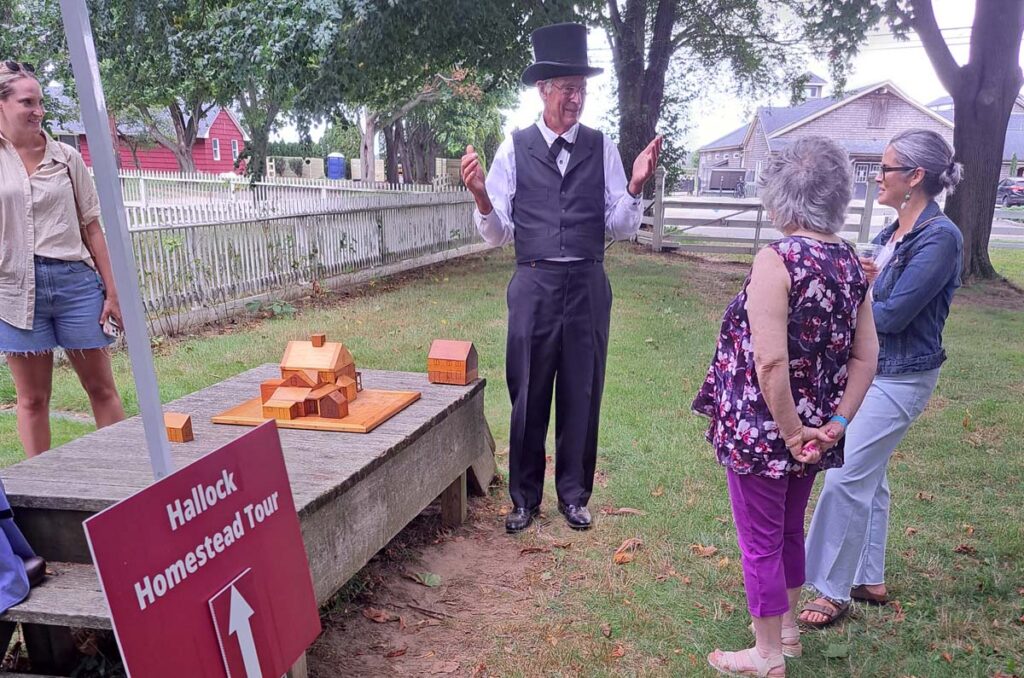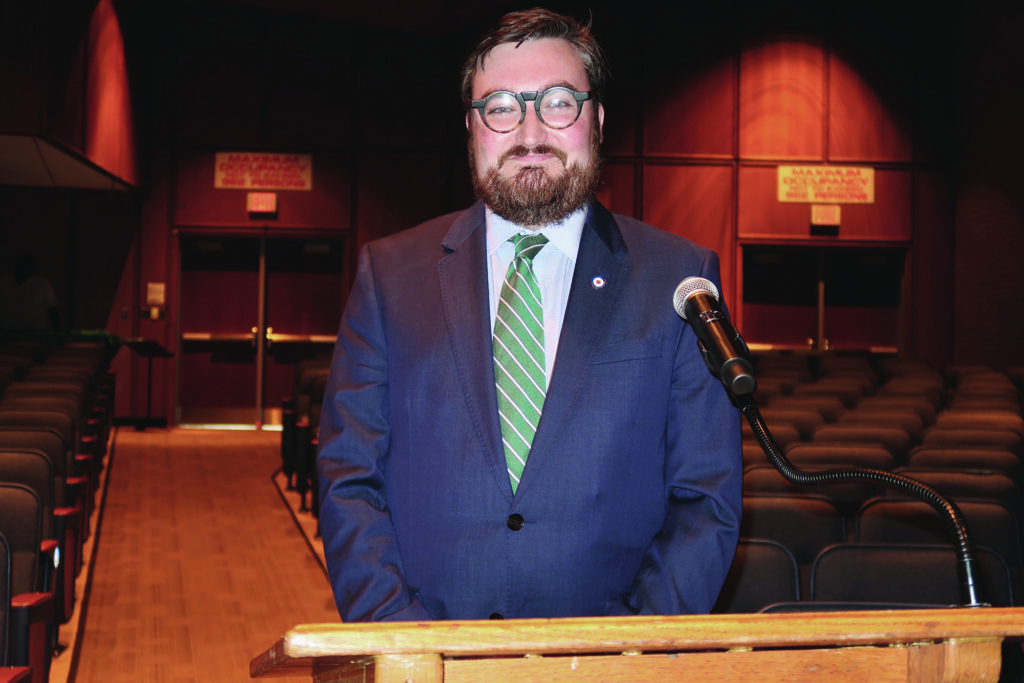Changes afoot for Riverhead farm preservation program

BARBARAELLEN KOCH FILE PHOTO
A Riverhead farmfield at sunset.
Riverhead Town’s transfer of development rights program, which allows developers to build bigger in commercial or industrial zones by funding farmland preservation efforts elsewhere in town, is broken and needs fixing, Riverhead Supervisor Sean Walter said on Thursday.
The current system allows development credits to be transferred from farmland to sites deemed more appropriate for building. But Suffolk County’s system of paying top dollar for outright purchases of development rights on farms makes Riverhead growers less inclined to sell rights to developers through the town’s transfer program, Mr. Walter said at a public Town Board work session. “We’ve corrupted the market so badly that I don’t think our program works,” Mr. Walter said.
Riverhead runs its own purchase of development rights program, which is funded by real estate transfer taxes, but Mr. Walter saif its coffers are dry.
Bob Havasy, the developer of the Stoneleigh Woods senior condominium project on Middle Road who spoke in Town Hall on Thursday, needs to buy 116 more development rights in order to built the 176 units the project is approved for. But he’s having trouble competing with what the county has been offering farmers, he said.
“We’ve been in a real estate depression since 2007, so the only buyer for development rights has been the county or the town, and now just the county,” Mr. Havasy said. “The county is overpaying, so farmers will talk about selling development rights to private developers, but their backup plan is always the county.”
He says the development rights sell for between $60,000 and $75,000 per unit, or acre, and to build the next 20-unit phase of the project would cost about $1.5 million, just for the right to build. He was asking the town change its code so that the development rights are required when the building permits are issued, instead of when planning approval is granted. That would provide builders and developers with more certainty from the outset, and allow them to delay payments, he said.
Meanwhile, Mr. Walter is still looking to make a major change to the program, in which the town would create a transfer of development rights, or TDR, bank, wherein farmers would sell their development rights to the bank, builders could buy those credits as needed, and the town would use the money it receives to buy more development rights. That would also save developers from having to deal with farmers on an individual basis. The Town Board agreed informally on Thursday to pursue such a program.








